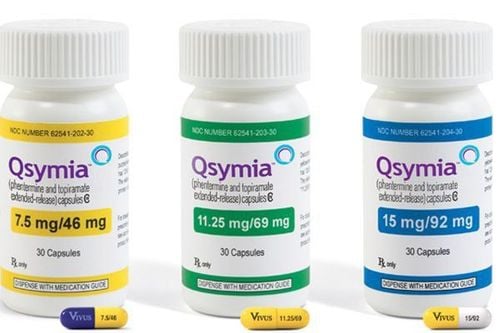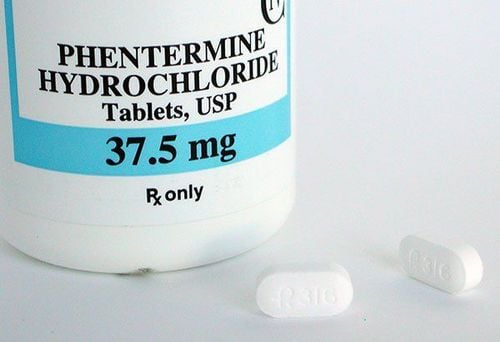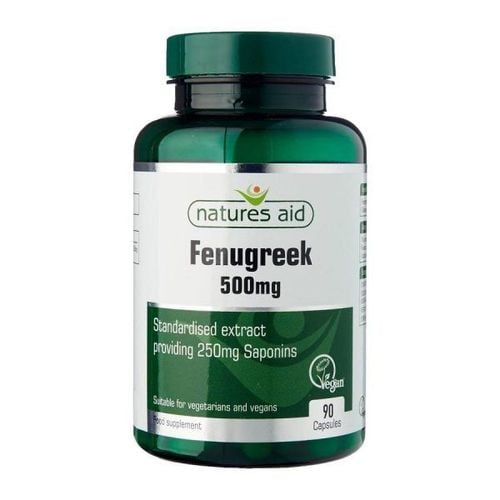This is an automatically translated article.
Cabbage belongs to the same family as broccoli, Brussels sprouts, cauliflower, and kale. This vegetable has been grown around the world for thousands of years and can be found in many different cuisines. In addition, cabbage contains many vitamins and minerals. So, what are the benefits of eating cabbage and can you stay on a diet of cabbage?1. Nutritional composition of cabbage
According to the US National Nutrient Database, 1 half cup of chopped cooked cabbage (75 grams) contains:17 calories Four grams of carbohydrates (which contain 2 grams of sugar and 1 gram of fiber) One gram protein Eating half a cup of cooked cabbage will provide 30-35% of your daily vitamin C needs and:
81.5 micrograms vitamin K 11 milligrams magnesium 22 micrograms folate Plus, the right amount of vitamin B-6, calcium, potassium, and magnesium. thiamine but less. In addition, cabbage is high in fiber and contains powerful antioxidants, including polyphenols and sulfur compounds. When comparing the color of cabbage, the experts found that red cabbage contains more of these compounds than green cabbage. Antioxidants protect the body from damage caused by free radicals. Free radicals are molecules with an odd number of electrons, making them unstable. When these free radicals are abundant and unstable, they can damage your cells.
As you can see from the list above, cabbage contains vitamin B6 and folate, both of which are essential for many important processes in the body, like energy metabolism and normal functioning. usually of the nervous system.
Cabbage is especially high in vitamin C, a powerful antioxidant that may protect against heart disease, some cancers, and vision loss.
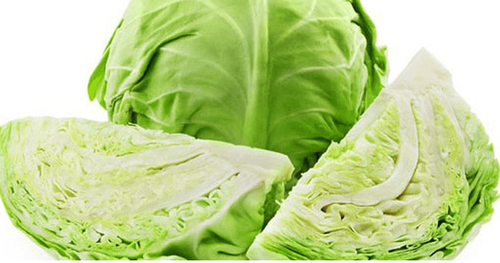
Bắp cải chứa rất nhiều vitamin và khoáng chất.
2. What are the benefits of eating cabbage?
Eating fruits and vegetables has long been linked to a reduced risk of many harmful diseases. Many studies show that increasing consumption of plant-based foods like cabbage reduces the risk of diabetes, obesity, heart disease and overall mortality. It can also help build healthy skin, boost energy, and reduce overall weight.2.1. Protect the body during radiation therapy
The compound 3,3′-diindolylmethane (DIM) found in cabbage has been shown to increase short-term survival rates in several animal studies of radiation.In a study done at Georgetown University, rats were injected with a lethal dose of radiation. Some were untreated and others were treated with daily injections of DIM for 2 weeks.
All untreated mice died, but more than 50% of mice that received DIM were still alive after 30 days.
They were able to determine that the mice treated with DIM had higher numbers of red and white blood cells and platelets in their blood, which radiation therapy usually reduces.
It is thought that DIM has a protective effect against cancer, so this study shows there is hope for people with cancer who are prescribed regimens with DIM in the future as a biological shield to prevent cancer. Protect healthy tissues during cancer treatment.
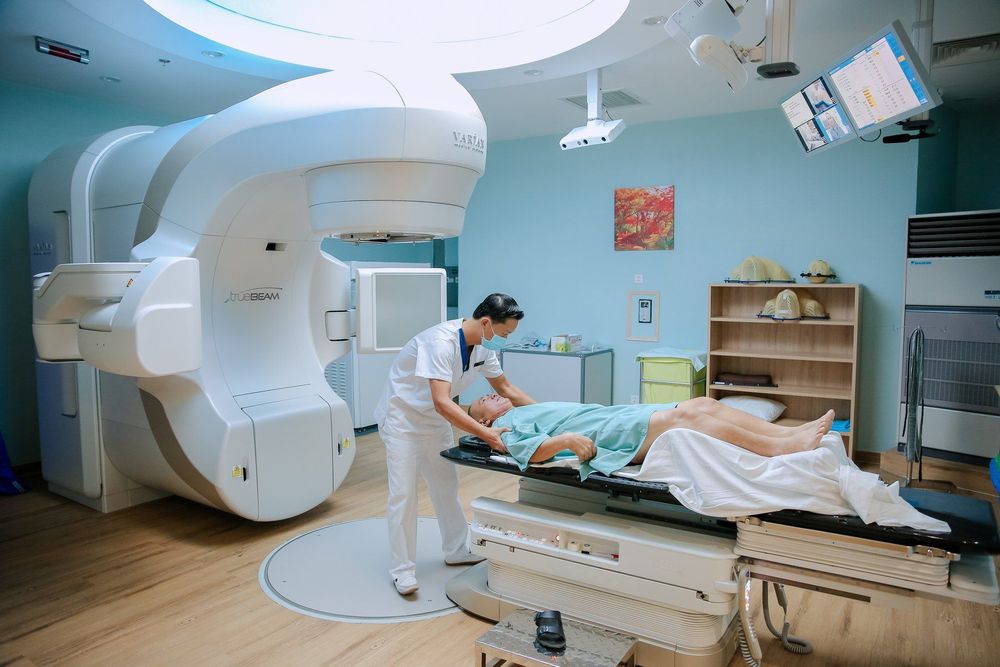
Hợp chất 3,3′-diindolylmethane (DIM) có trong bắp cải đã được chứng minh là làm tăng tỷ lệ sống sót ngắn hạn trong một số nghiên cứu trên động vật về bức xạ.
2.2. Cancer Prevention
In addition, the scientists also discovered sulforaphane, another potential anti-cancer compound found in leafy cabbage. Research over the past 30 years has consistently shown that consumption of cruciferous vegetables is associated with a reduced risk of cancer.More recently, researchers were able to determine that the sulfur-containing compound that gives cruciferous vegetables their bitter taste called sulforaphane also appears to have anti-cancer effects.
At the molecular level, the researchers found that sulforaphane's effects include its ability to delay or prevent cancer in a variety of cancers, including melanoma, esophageal, prostate and pancreas .
Researchers have found that sulforaphane has the ability to inhibit the harmful enzyme histone deacetylase (HDAC), which is known to be involved in cancer cell progression. The ability to block HDAC enzymes may make sulforaphane-containing foods a potential player in cancer treatment regimens.
Another study, conducted at the University of Missouri, looked at another chemical found in cabbage, parsley, and celery, called apigenin. It was found to reduce tumor size when breast cancer cells were transplanted into mice. The researchers claim their findings suggest that apigenin has the potential to be used as a future nontoxic cancer treatment.
Red cabbage contains the powerful antioxidant anthocyanin, which is the compound that gives other red and purple vegetables their vibrant color. In the laboratory, anthocyanins have been shown to slow the proliferation of cancer cells, kill already formed cancer cells, and prevent the formation of new tumours. However, research is still ongoing to determine if these effects translate to cancer prevention or treatment in humans.
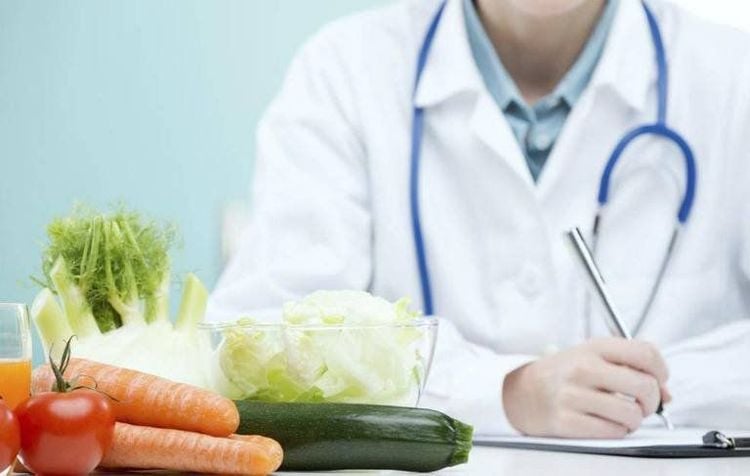
Nghiên cứu trong 30 năm qua đã liên tục chỉ ra rằng, tiêu thụ các loại rau họ cải có liên quan đến việc giảm nguy cơ ung thư.
2.3. Heart health
The same anthocyanins in red cabbage that help protect against cancer have been shown to block inflammation that leads to cardiovascular disease .
A recent report in the American Journal of Clinical Nutrition found an association between eating flavonoid-rich foods and lower rates of cardiovascular disease mortality and stated that, even one Small amounts of flavonoid-rich foods may also be beneficial. The high polyphenol content in cabbage may also reduce the risk of cardiovascular disease by preventing platelet accumulation and lowering blood pressure.
2.4. Immune and Digestion
Sauerkraut and kimchi are two very common cooking methods. Fermented foods are full of probiotics, healthy bacteria that create an acidic environment for preservation and flavor; The enzymes produced during fermentation make vitamins and minerals easier to absorb.
Cabbage is high in fiber and water, so it helps prevent constipation and maintain a healthy digestive system. Eating enough fiber promotes regular bowel movements, which is important for the excretion of toxins through bile and feces.
Recent studies have shown that dietary fiber may even play a role in regulating the immune system and inflammation, thereby leading to a reduced risk of diseases such as cardiovascular disease, diabetes, cancer and obesity.
3. Things to note when using cabbage
Use by mouth: Cabbage is absolutely safe when eaten by mouth. When applied to the skin: Cabbage is POSSIBLY SAFE for most people when applied to the skin, for short periods of time. Some people report pain and burning sensation when applying cabbage to the skin, but this is not common. Pregnancy and breast-feeding: There isn't enough reliable information to know if cabbage is safe to use medicinally during pregnancy. Therefore, to ensure safety, these subjects only used cabbage as food. Cabbage is absolutely safe when applied to the skin for short periods of time while breastfeeding. Applying cabbage leaves to your breasts to reduce swelling and pain from breastfeeding is safe when done several times a day for a day or two. But there isn't enough reliable information to know if cabbage extracts are safe to take by mouth while breastfeeding. Therefore, mothers should only use cabbage as food.
Some mothers worry about whether eating cabbage will lose milk. Although cold compresses or cold cabbage leaves help reduce breast swelling and engorgement, it can also decrease your milk supply. If you continue to use cold cabbage leaves on your breasts after reducing swelling and engorgement, your breast milk supply will likely decrease more than you expected.
Allergy to vegetables in the Brassicaceae/Cruciferae family: There is some concern that people who are allergic to cabbage relatives of the Brassicaceae / Cruciferae family, such as broccoli, Brussels sprouts and cauliflower, also have You may be allergic to cabbage. If you are allergic, you should consult your doctor before using cabbage. Diabetes: Cabbage might affect blood sugar levels in people with diabetes. If using cabbage, you should monitor your blood sugar carefully for early signs of low blood sugar (hypoglycemia). Underactive thyroid (hypothyroidism): There is some concern that cabbage might make this condition worse. It is best to avoid eating cabbage if you have hypothyroidism. Surgery: Cabbage can affect blood sugar levels and may interfere with blood sugar control during and after surgery. Ideally, if you have surgery scheduled, you should stop using cabbage at least 2 weeks before surgery.
Please dial HOTLINE for more information or register for an appointment HERE. Download MyVinmec app to make appointments faster and to manage your bookings easily.
REFERENCES: webmd.com, healthline.com



